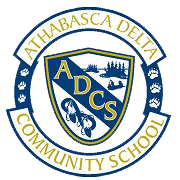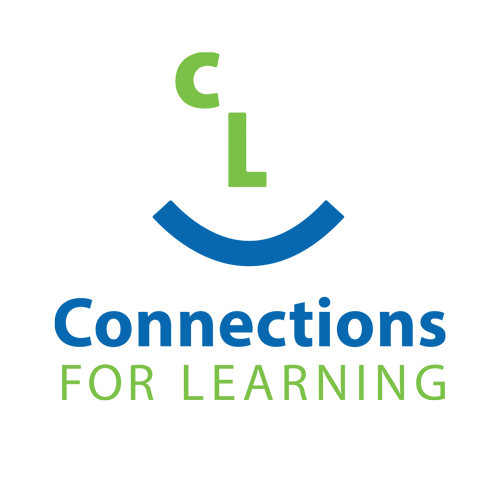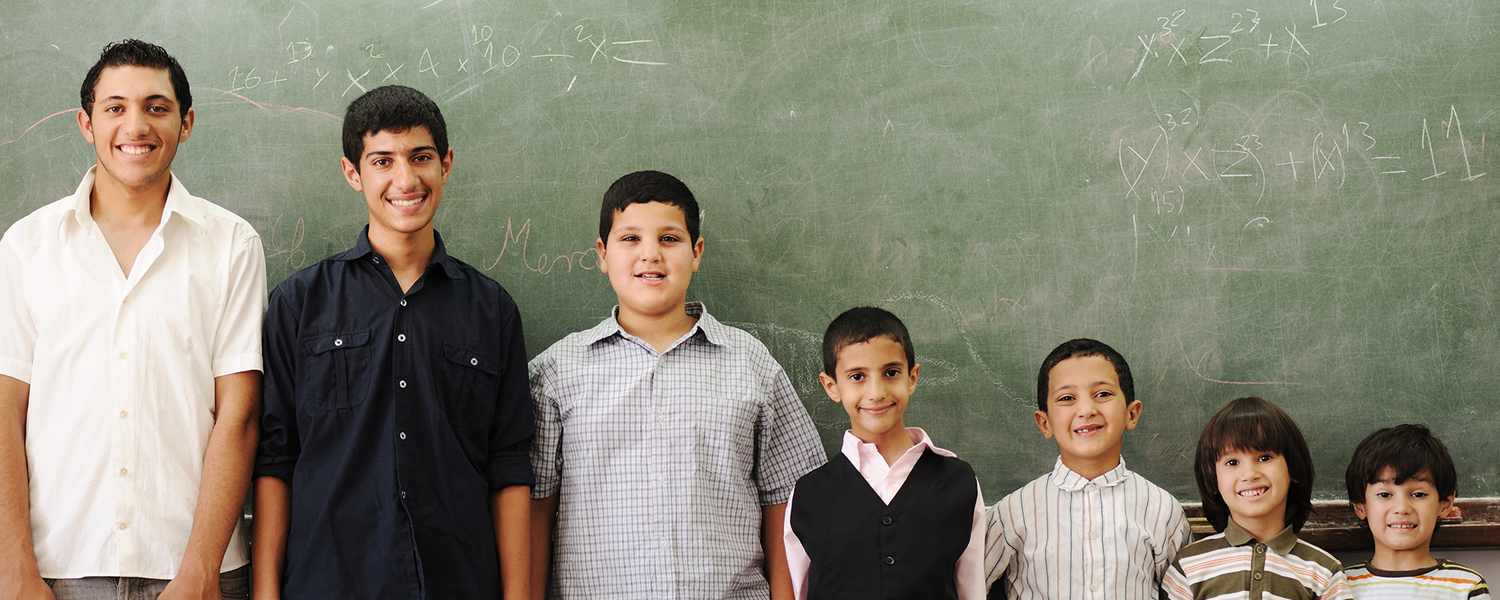Each child's wellness needs evolve as their minds and bodies develop and grow. The wellness needs of school-age children at each stage of development are outlined below.
4 to 7 Years Old
Cognitive Development: An early start to activity enhances the development of brain function. When children are physically active, they build confidence, social skills, emotional control and imagination. All this while reducing stress and improving sleep.
Sleep: Sleep is fundamentally important to growing bodies and minds. Children between the ages of four and seven should get 10 to 11 hours of sleep a night. In fact, at this age, sleep is fuel for growth. When young people don’t get enough sleep the growth hormone their bodies produce is stunted. So sleep is more important than most kids and leaders know!
Hydration: At this age, water typically makes up half a child’s body weight, and is crucial to keeping their young bodies functioning properly. To do this, four to seven year olds need to drink at least one to one and a half litres of water per day.
Emotional Development: Kids this age are exploring the world through their growing independence, and they still love imaginative games. Give them opportunities to learn fundamental skills like balance and coordination through group games and role play. Also set challenges they can achieve so they gain confidence in their bodies and their abilities.
Physical Development: Children this age need to focus on their agility, balance, coordination and speed. These skills are essential for developing the fundamentals of movement which create the foundation for physical activity. Together, the movement and physical activity fundamentals form the basis of physical literacy. So give your participants lots of opportunities in safe environments to test what their bodies can do, and be sure to introduce new skills only when the basic ones have been mastered.
8 to 11 Years Old
Cognitive Development: These are the years where there’s the strongest link between body and mind, so keeping kids eight to eleven active helps them learn! During these years, many young people become competitive and struggle with losing. Good sportsmanship is often a challenge. So invest extra time into the lessons of winning and losing graciously.
Sleep: Sleep is always important, but to growing bodies and minds it’s crucial. Children this age should get nine to 11 hours of sleep a night. Lack of sleep makes kids clumsy and unable to manage their emotions, but most importantly, sleep is vital in healthy brain development.
Hydration: Not getting enough hydration for a child can create muscle weakness, fatigue and headaches. Participants in this age group should be drinking between one and a quarter and one and three quarter litres of water every day.
Emotional Development: At this age, participants still tend to want to come first, and many still want all the attention on them, which means that squabbles can break out when a child feels overlooked or left out. Kids in this age group often easily get their feelings hurt. So introduce games and activities that are less competitive and more collaborative, and activities that give every child a chance to shine.
Physical Development: Kids are becoming more physically confident and aware of their bodies during these years. Most can dribble a ball with one hand and ride a two-wheeled bike. They are becoming more skillful at skipping, catching and throwing a ball. Participants between 8 and 11 like to move. They can become restless if they have to sit for too long, so keep instructions short and activity level high.
12 to 15 Years Old
Cognitive Development: Adolescents are suddenly aware of how others see them, and growing sexual attractions which make them both social and insecure. They’re also strongly influenced by friends and peer groups, so make sure there is always good supervision, and that all youth understand what behavior is and isn’t acceptable.
Sleep: Sleep is simply a crucial part of a young person’s development. It helps grow the brain, stimulate growth hormones and allows the body to build muscle. For optimum health, adolescents between 12 and 15 should be getting eight and a half to nine and a half hours of sleep a night.
Hydration: Water is absolutely essential for the physical and mental well-being of young people this age. They should be drinking one and a half to two litres of water a day. And remember, if a child says they’re thirsty, they’re already dehydrated. Keep participants drinking!
Emotional Development: Puberty! Emotions run high at this age, still most kids between 12 and 15 are highly social and enjoy the social aspects of learning. Create activities where participants can learn skills in small groups where they can make connections with their peers.
Physical Development: Kids are growing faster than at any other time in their lives, in fact at this age some participants can grow as much as 12 cm in a few months. All these physical changes create kids who can be clumsy and lack coordination. And there can be wide differences among peers. Give them lots of time to practice and master skills, and encourage them to be patient with themselves!
16 to 19 Years Old
Cognitive Development: As kids get older they’re motivated by healthy competition and social relationships. Give them lots of opportunities to compete in healthy, supportive environments. The goal should always be to learn skills and have fun, never crushing the opponent. Remember to instill that good sportsmanship should always come first.
Sleep: Sleep is absolutely crucial to a healthy body and a healthy mind. Late teens need 8 to 9 hours of sleep a night for optimum mental and physical performance. In fact, a lack of sleep will effect dexterity, mental sharpness, and even increase the chance of depression. Even though young people this age may fight sleep, it’s vitally important to their health.
Hydration: Believe it or not, teens need to consume about two and a half litres of water every day. Water helps lubricate joints, cushion organs and regulate body temperature. Ample amounts of water also aid in food digestion and proper absorption of nutrients. So, for their health, keep teens hydrated.
Emotional Development: Older teenagers are more intellectually advanced than children or younger teens, and work well when they are consulted and included in decision-making. At this age, kids are better able to understand and rationalize why they are being asked to do something, so take opportunities to ask for input and feedback.
Physical Development: Though teenagers are stronger and more capable than at any previous age, over-training causes this age group to have the highest dropout rate in sport and activities. Beware of pressuring the young people you lead to perform and compete. For all teens, even those at the top of their game, keep things fun and rewarding!
Related Assurance Element(s)
Element 1: Students demonstrate success























